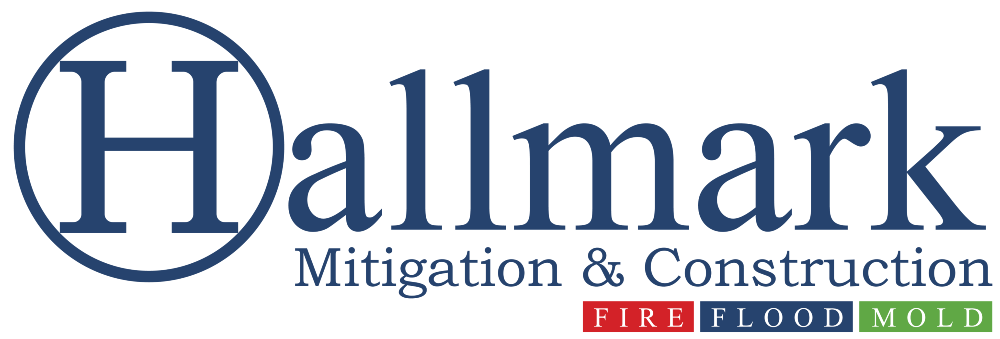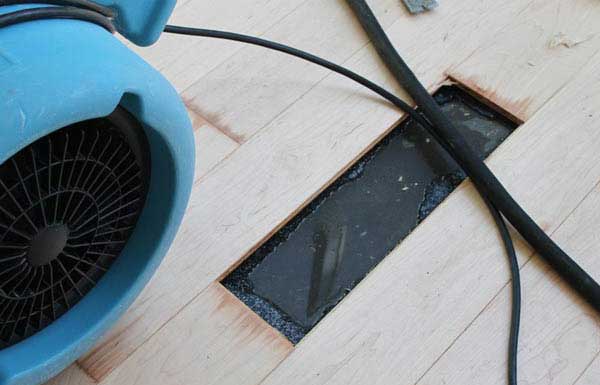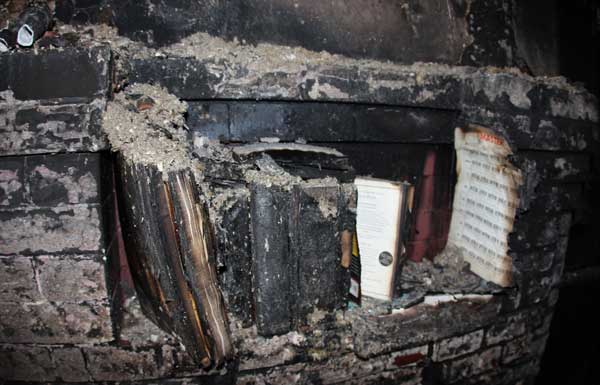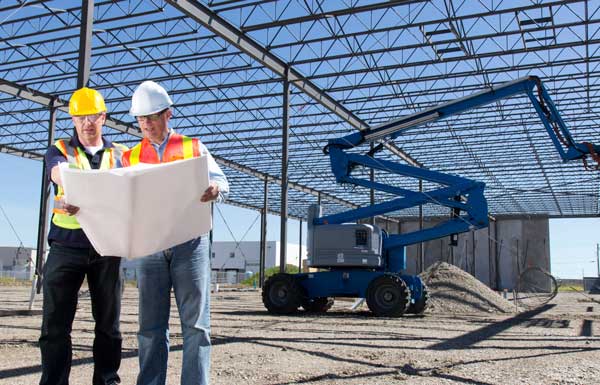Mold Removal Remediation Services
Professional Mold Removal Services
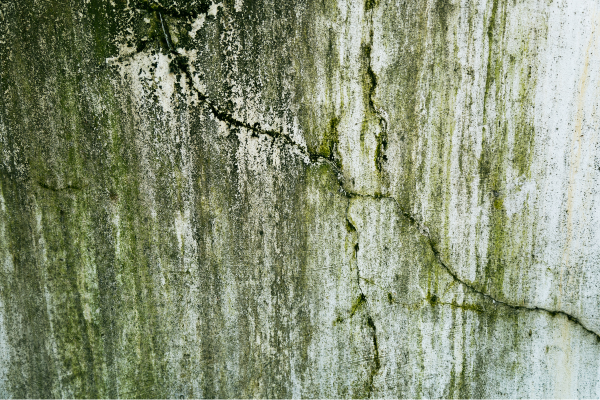
Discovering mold in a commercial property is a serious issue that requires immediate attention. Mold growth is almost always a symptom of an underlying moisture problem whether from a leaking pipe, a malfunctioning appliance line, poor ventilation and high humidity, or water intrusion from outside the building.
In commercial spaces, mold doesn’t just damage property, it can disrupt business operations, create health concerns for employees and customers, and even lead to compliance issues. Before mold remediation can begin, the source of water or excess moisture must be identified and resolved. Once that issue is corrected, a professional commercial mold remediation company can step in to safely remove the mold, mitigate risks, and restore a healthy environment.
Always partner with certified professionals who can conduct thorough inspections, provide detailed testing, and deliver a clear estimate tailored to your building’s needs.
Mold Inspection & Remediation
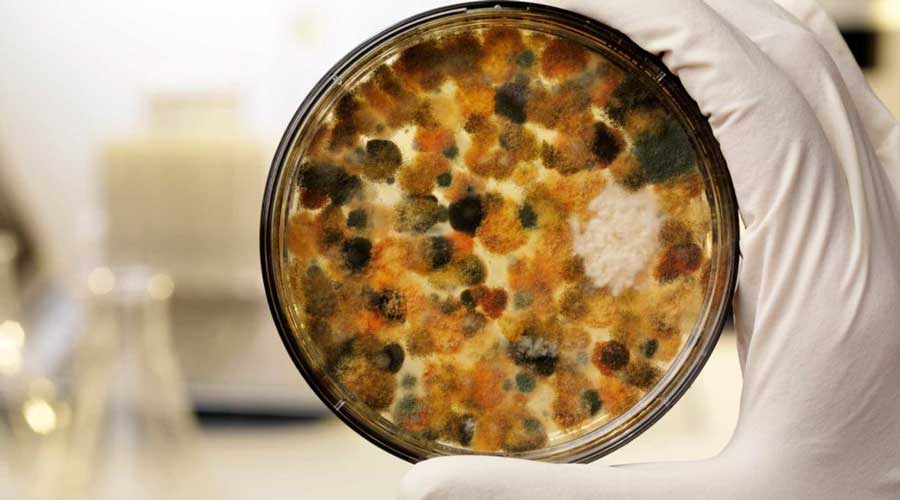
The Mold Remediation Process
Failing to properly remove mold in a commercial property can escalate into a serious problem for both the building and the health of those inside. What may start as a small, contained area of mold can quickly spread throughout the entire facility if not handled with the right containment and remediation methods. For businesses, this can mean costly downtime, potential liability issues, and unsafe working conditions.
- Mold Testing & Protocol – Before work begins, an industrial hygienist (IH) will test the affected areas. They provide a written protocol outlining the specific procedures that must be followed during remediation.
-
Containment Barriers – The contaminated section of the building is carefully enclosed and isolated to prevent spores from spreading into other areas of the property. All HVAC vents and openings are sealed off.
-
Air Quality Control – Air scrubbers with HEPA filtration are used to capture airborne mold spores and help maintain safe air quality during the project.
-
Removal of Contaminated Materials – Damaged building materials such as drywall, insulation, or baseboards are safely removed and disposed of to eliminate mold at its source.
-
Anti-Microbial Cleaning – All affected surfaces are thoroughly cleaned and treated with professional-grade anti-microbial solutions to kill and prevent future growth.
-
HEPA Vacuuming – High-efficiency vacuums are used to complete a final deep clean of the space, ensuring spores are removed from surfaces and the environment.
-
Clearance Testing – Once remediation is complete, the industrial hygienist returns for a final air quality test. The goal is to confirm indoor spore counts are at or below outdoor levels, ensuring the building is safe, compliant, and ready for re-occupancy.
Partnering with a certified commercial mold remediation company ensures the job is handled correctly the first time, protecting your property, employees, and business operations.

Black Mold Removal for Commercial Properties
When black mold is discovered in a commercial building, it can raise serious concerns for both health and business operations. While many types of mold can appear black, not all are the notorious Stachybotrys. However, even non-Stachybotrys molds can still be harmful. Mold exposure in workplaces, retail centers, and industrial facilities can lead to allergic reactions, respiratory issues, or even toxic effects through skin contact, ingestion, or inhalation. For businesses, this not only impacts employee health but can also create liability risks and regulatory compliance issues.
Potential Symptoms of Mold Exposure Include:
-
Eye irritation and watering
-
Nasal congestion or runny nose
-
Coughing and respiratory distress
-
Skin irritation or rashes
-
Asthma flare-ups
-
Headaches, fatigue, and weakness
-
Unusual metallic taste in the mouth
Black mold removal in commercial properties is not a DIY task. Improper handling can cause spores to spread throughout the building, worsening the problem and leading to costly downtime. The safest solution is to hire a certified commercial mold remediation company that can properly identify, contain, and remove the mold while protecting both occupants and operations.
Related Services
Water Damage
14,000 people experience water damage every day. Make sure you are prepared on what to do.
Fire Damage
Commercial Construction
F.A.Q.
Business owners don’t deal with finding mold damage every day, so it can be difficult to know not only what to do, but the right questions to ask. We want to make mold removal Houston as easy as possible for property owners. Here are some of our most common frequently asked questions.
Should I call my insurance first?
No, not necessarily. The issue with mold is that either your insurance won’t cover the removal and remediation, or there is very limited coverage. What a lot of property owners don’t realize is that when you call your insurance company regarding any type of loss, that call goes into your Comprehensive Loss Underwriting Exchange (C.L.U.E.) report. It contains a seven-year snapshot of info about you, including a list of any claims you’ve made. This impact your premiums going forward, get a mold restoration professional to evaluate the potential damage first.
Can mold spread from one part of my property to another?
Yes, absolutely. Once mold gets agitated, the mold spores will become airborne and begin to spread throughout the structure. One way the mold spores get spread through the building is through your HVAC system.
Is any mold not harmful?
Mold is around us everywhere at all times. Inside your business and all of outdoors. While some molds are not nearly as dangerous as Stachybotrys, like Penicillin, every type of mold is dangerous at a high enough exposure.
How did I get mold?
Mold needs three things to grow, moisture, food and optimal temperature. The first thing to investigate and fix is the moisture issue. Once you repair this either through a leaky pipe or roof leak, you will stop the growth of mold.
